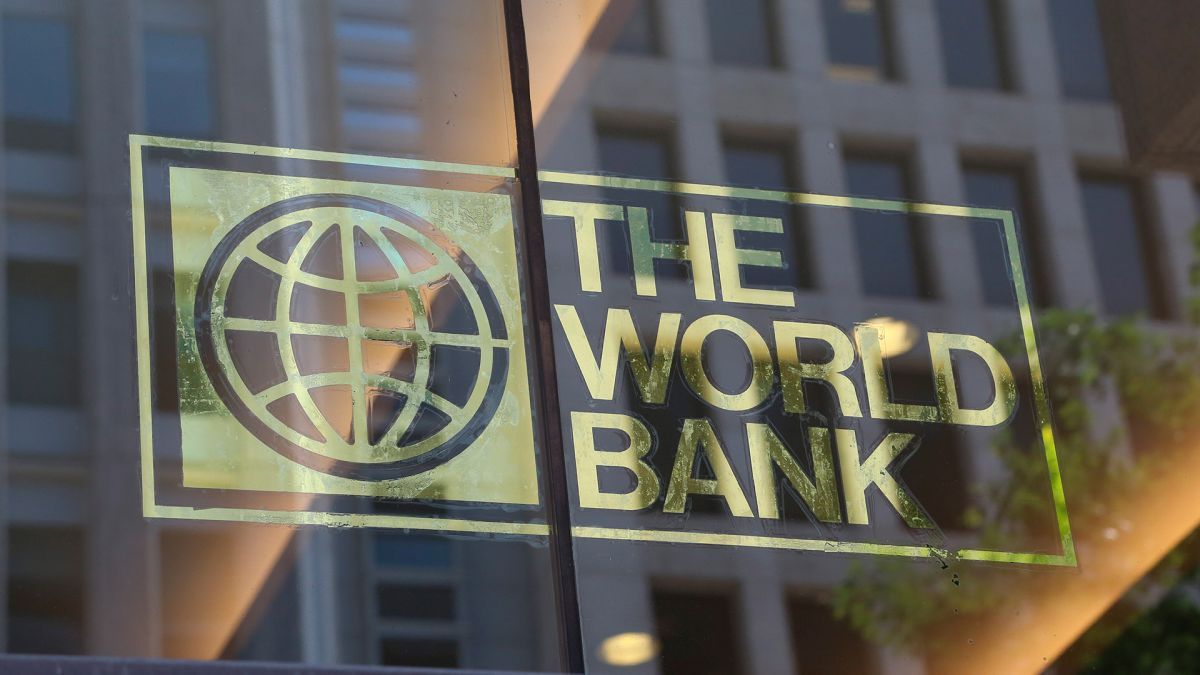The downward figure for this year, however, is considered prudently from the Ministry of Economy, as good news in the strategy for Argentina, for two fundamental reasons. Firstly, because it is the same percentage that appears in the 2023 Budget project approved by the National Congress. Second, because it is also the level negotiated with the IMF for this year. This implies that now the WB, the Fund and the estimates of the Ministry of Economy itself coincide, with what is negotiated within the Extended Facilities as monetary, tax, fiscal and exchange objectives; it would be in harmony both with regard to what is stipulated in the Budget, as well as with both international financial organizations. What Economy speculates is that finally that 2% will fall short; that this year’s growth will be above 3%, but without altering the possibility of meeting the three goals agreed with the IMF: deficit of 1.9% of GDP, emission of no more than 0.6% and reserves for above US$5.200 million. The reason for the optimism is simple: a growth level of 2% implies a lower tax collection if the GDP increase were above 3%; with which, and given that according to the budget the money has assigned items, there would be pesos of free availability for the Executive. And, furthermore, a concise and conservative growth projection by the IMF and the WB, would imply at the end of the year a substantial improvement for the development of the Argentine economy. Following this logic, and well into the second half of the year, both organizations would be shown that the management of the Argentine economy would be expansive and positive. According to what the World Bank reported yesterday; Argentina would grow 2% in 2023, after an unexpected 5.2% for the entity itself. This was indicated in his latest report on “Global Economic Outlook: Latin America and the Caribbean”, released yesterday, where he projects that growth in Latin America will slow down sharply, from 3.6% in 2022 to 1.3 % in 2023. and that it recovers 2.4% in 2024. In all cases, Argentina would grow like this for three consecutive years. The Bank modified downward projections due to the persistence of world inflation and the policies of central governments to combat it, including the sharp rise in interest rates in the United States and Europe, which will still have an impact on economies during 2023. According to the entity, “Latin America and the Caribbean (LAC) has grown 3.6% in 2022, where the solid expansion in the first half of the year was mainly driven by consumption, supported by the recovery of labor markets”. However, he added, “activity weakened late last year as slowing global growth and tightening financial conditions began to take effect, with inflation rising in 2022, reaching multi-decade highs in many countries.” ”.“The slowdown reflects the efforts of the monetary authorities to control inflation, and the secondary effects of a weak global outlook. Slow growth in the United States and China is expected to reduce demand for exports, while rising US interest rates are likely to keep financial conditions tight,” the new report from Washington-based organization. In this sense, it is expected that the slow global growth will weigh on the prices of raw materials, weakening the terms of South America. For Argentina in particular, the effect of domestic inflation and external factors (“external headwings”) would influence the country’s growth, projected at 2%, according to the World Bank. The entity also stated that the plans to carry out the expansion of the Néstor Kirchner gas pipeline “would benefit from a fiscal point of view and in Argentina’s current account, thanks to the drop in energy imports.” However, he indicated that “the context is highly challenging given the need to reduce inflation in levels greater than 80%, and to let the peso depreciate and reform energy subsidies.” Finally, he indicated that the consequences of the war between Russia and Ukraine will continue to impact the world in 2023 and “it is estimated that world growth it will fall to 1.7%, below the 3% expected six months ago,” the World Bank concluded.
Source: Ambito
David William is a talented author who has made a name for himself in the world of writing. He is a professional author who writes on a wide range of topics, from general interest to opinion news. David is currently working as a writer at 24 hours worlds where he brings his unique perspective and in-depth research to his articles, making them both informative and engaging.




